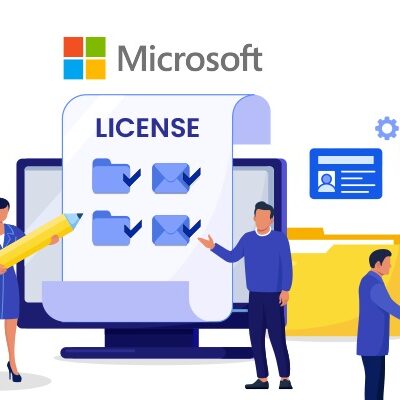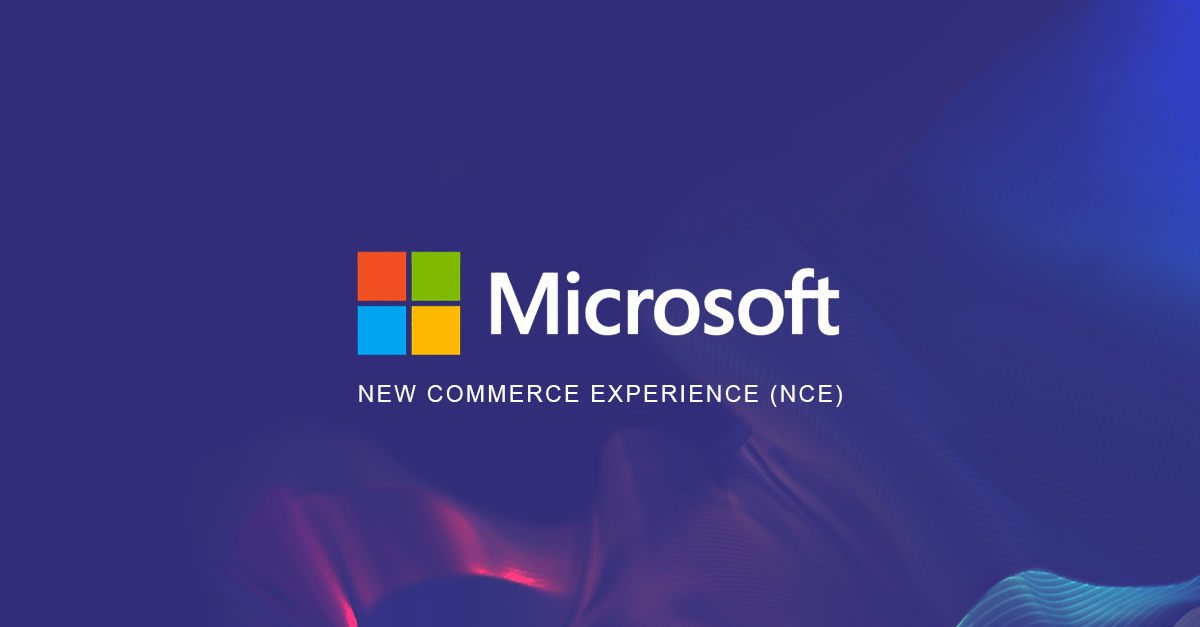Your cart is currently empty!
Understanding Microsoft Licensing and the Value of Professional Guidance

Introduction to the Microsoft Licensing Landscape
In today’s digital age, software is the backbone of virtually every business operation. Among the multitude of software options available, Microsoft software stands out as a staple in corporate environments. However, navigating the complexities of Microsoft software licensing can feel overwhelming. With various programs and licensing types, organizations often struggle to determine the best approach for their needs.
Furthermore, understanding the specific nuances of Microsoft software licensing is essential. Transitioning from traditional licensing to volume licensing introduces additional levels of complexity. This is where the importance of consulting a professional comes into play. Armed with expertise, a consultant can demystify the licensing landscape and help businesses maximize their software investments.

The Intricacies of Microsoft Software Licensing
Microsoft offers several licensing models, including retail, OEM, and volume licensing. Each model serves different purposes and appeals to various customer segments. Retail licenses, for instance, are generally purchased by individual consumers, whereas OEM licenses are tied to hardware. This is straightforward, but as organizations expand, their needs often shift.
In contrast, volume licensing options cater to larger entities that require multiple installations across various departments. With these models, businesses can benefit from reduced costs and tailored agreements, but understanding the parameters is crucial. For example, organizations might encounter terms and compliance requirements that vary significantly depending on the licensing type chosen. Thus, it becomes evident that a simple license purchase is rarely sufficient for optimal deployment.
Why Professional Consultation is Essential
The complexities of software licensing often lead organizations to make costly mistakes. Misinterpretations of licensing agreements can result in compliance issues or unnecessary expenditures. Additionally, many businesses lack the resources to effectively track and manage their Microsoft software licensing agreements over time. This creates a pressing need for professional consultation.
Consultants specialized in Microsoft software licensing provide invaluable insights. They analyze existing arrangements, recommend suitable licensing models, and help with negotiations to ensure that businesses secure the best possible deals. Furthermore, they stay updated on any changes to licensing rules and regulations, thus protecting businesses from unexpected consequences. Therefore, investing in professional guidance is not just sensible; it’s a strategic move that can safeguard a company’s software investments.
Conclusion: Embracing Professional Expertise in Licensing
In conclusion, effectively managing Microsoft software licensing remains a daunting task for many organizations. With a plethora of options and potential pitfalls, the importance of seeking professional advice cannot be overstated. Consultants offer clarity and direction, allowing businesses to navigate the intricate landscape of Microsoft licensing with confidence.
As technology continues to evolve, so too does the licensing framework that governs its use. Companies keen on maintaining compliance and maximizing their software investments should consider consulting with an expert. In doing so, they ensure that their Microsoft software licensing not only meets current needs but positions them for future growth as well.
Share:
Sign up to our newsletter
Receive our latest updates about our products & promotions
Related Articles
-
SQL Server 2025: What’s New in the Preview Release and What to Expect
SQL Server 2025 is the next iteration in Microsoft’s flagship database system. It builds upon the…
-
A Brief Overview of Microsoft’s New Commerce Experience (NCE)
Introduction to New Commerce Experience (NCE) The world today is changing constantly at an unprecedented rate.…


 Subscribe
Subscribe








Leave a Reply